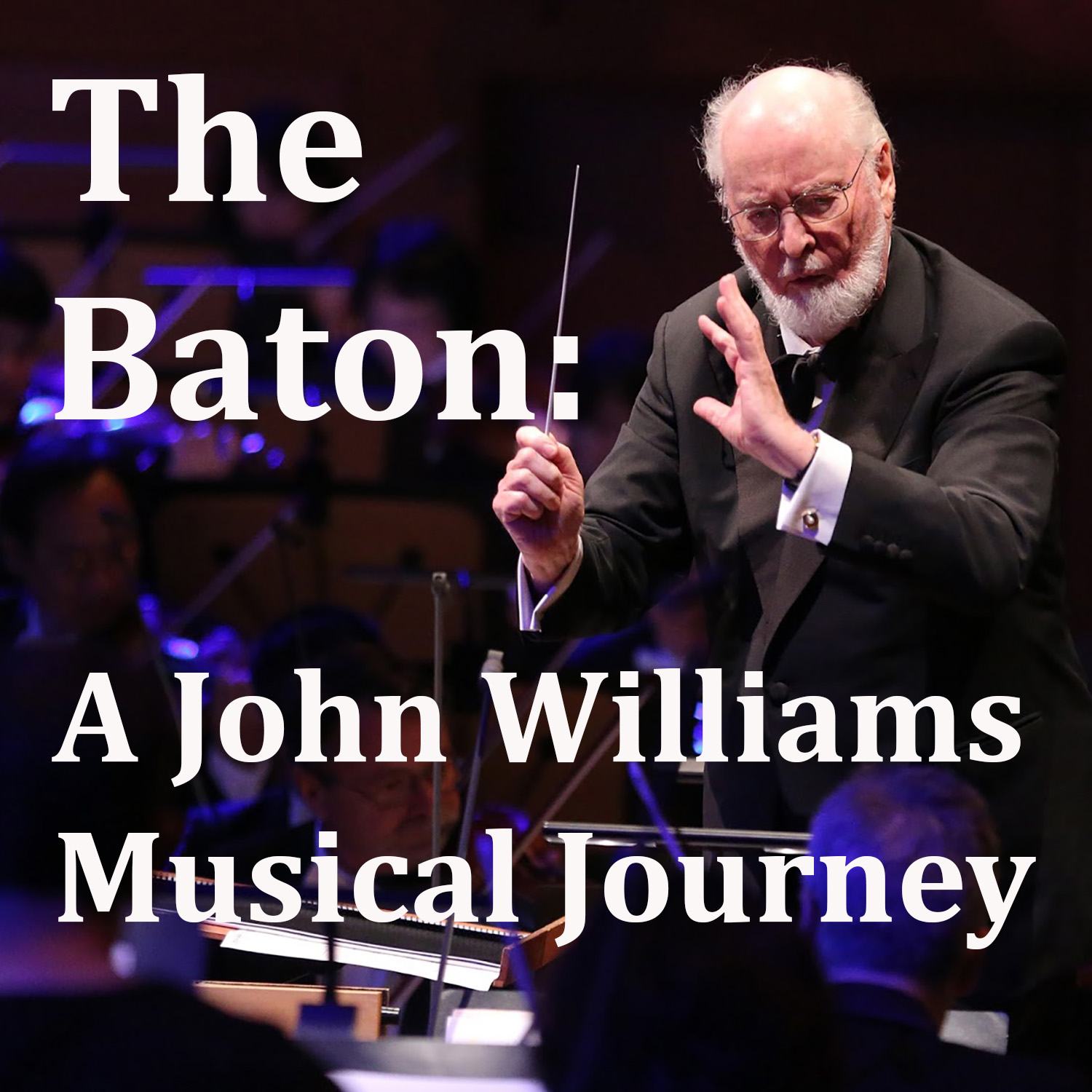Episodes
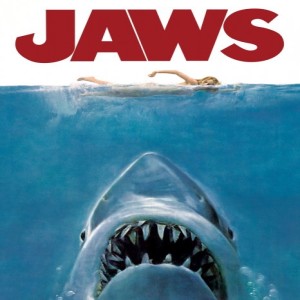
Wednesday Sep 18, 2019
Episode 41 - Jaws
Wednesday Sep 18, 2019
Wednesday Sep 18, 2019
How can two notes make people so fearful of going into the ocean? That's what John Williams did with his iconic score for the 1975 blockbuster "Jaws." Host Jeff Commings is joined by Jeff Owens to break down the elements in the main title music that make this two-note theme a masterclass of composition. They also get chills when discussing other excellent musical moments in the film, such as the first attack on the shark and the shark's attack on the cage. Rent a yellow raft and dive into this score that encompassed everything that made John Williams a good composer in his 40 previous films and will make him a superstar in the 45 years that follow.
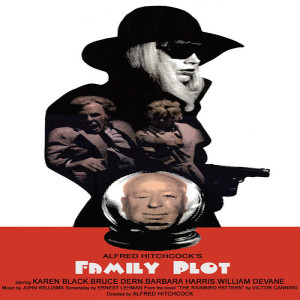
Wednesday Sep 25, 2019
Episode 42 - Family Plot
Wednesday Sep 25, 2019
Wednesday Sep 25, 2019
What do you do after you've composed the most famous movie score of all time? In the months after working on "Jaws," John Williams had three film scores to tackle for films to be released in 1976. One of them was "Family Plot," Alfred Hitchcock's lighter take on kidnapping, murder and con games. "Murder can be fun," Hitchcock told Williams, which helped the Maestro compose a score heavy on harpsichord to fulfill Hitchcock's mandate. Join host Jeff Commings as he takes you through the backstory involving a meeting with Bernard Herrmann, and the two themes Williams wrote for one person. Perhaps this will give John Williams fans a better appreciation of the work he did between Jaws and Star Wars!
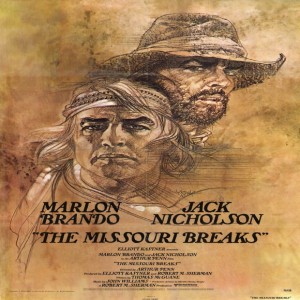
Wednesday Oct 02, 2019
Episode 43 - The Missouri Breaks
Wednesday Oct 02, 2019
Wednesday Oct 02, 2019
"The Missouri Breaks" is arguably the worst film to feature a John Williams score ... at least up to that point in his 17 years as a film composer. Though it starred Oscar-winning actors Marlon Brando and Jack Nicholson, it was a misfire from the start, with Brando going off the rails in terms of acting choices, and Nicholson looking unfit for a Western. John Williams took on the challenge of using music to keep the film on track, but Williams himself takes some eccentric choices. The primary derivation Williams took was using a very small ensemble for his score instead of an orchestra filled with dozens of musicians. The score is dominated by harmonica and guitar, with a love theme that desperately needed strings. The film has gained a cult following. Does the score deserve the same? Host Jeff Commings believes it's on par with the other 1967 scores by Williams: decent but forgettable. Take a listen to the music and judge for yourself.
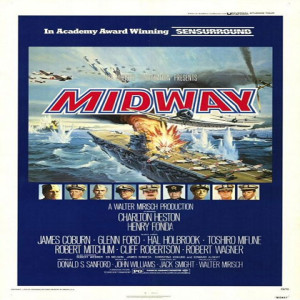
Wednesday Oct 09, 2019
Episode 44 - Midway
Wednesday Oct 09, 2019
Wednesday Oct 09, 2019
John Williams got back into the war genre with the film "Midway," writing just 32 minutes of score for a 132-minute film. In this case, most of the movie features battle scenes that producer Walter Mirisch wanted to feel very realistic, which meant the appearance of music was not appropriate -- at least for Mirisch. "Midway" was the first score Williams wrote after his landmark work on "Jaws," and a couple of months after a disastrous production of the "Thomas and the King" musical on the London stage. This score features a march that is a staple at concerts … and sounds very, very familiar to host Jeff Commings. Join him as he discusses the creation of the score and the brief musical cues that standout in a film that did well at the box office but didn't get much recognition beyond that.
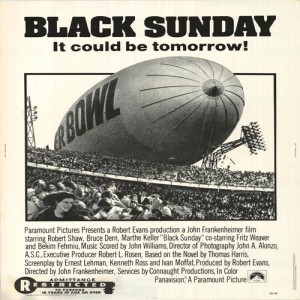
Wednesday Oct 16, 2019
Episode 45 - Black Sunday
Wednesday Oct 16, 2019
Wednesday Oct 16, 2019
John Williams closed out a very busy 1976 with his compositions for the score to the thriller "Black Sunday," which would get a delayed release until spring 1977. Host Jeff Commings is joined by Siddique Hussain, who counts the score as one of his favorites from the Maestro in the time between "Jaws" and "Star Wars." He cites some thematic material and musical styles used in the score that will make stronger appearances in future films, including "Star Wars." Since the film did not fare well at the box office, and critics were divided on the movie, Williams' score got lost in the mix of his two other 1977 compositions. Thanks to a CD released by Film Score Monthly -- and this podcast episode -- you can enjoy the finer points of this score!
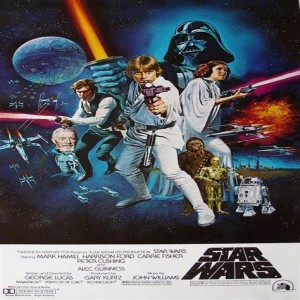
Wednesday Oct 23, 2019
Episode 46 - Star Wars
Wednesday Oct 23, 2019
Wednesday Oct 23, 2019
This episode of "The Baton" is all about "Star Wars" and its monumental score by John Williams. Settle in as host Jeff Commings talks with Sir Clive Gillinson, who played cello on the original 1977 soundtrack. He relives some memories of playing the music and why Williams made such an impression on the London Symphony Orchestra that he returned to conduct multiple scores with the group. Also on the show is a discussion of the effectiveness of the main theme by Chris Hatt, who talks about the musical notes that make the score sound familiar and yet a bit unpredictable. Commings and Hatt also discuss their favorite scenes in the movie and resurrect the once-popular "Star Wars Disco" hit from 1977.
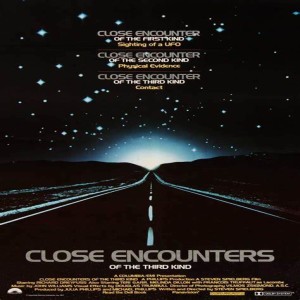
Wednesday Oct 30, 2019
Episode 47 - Close Encounters of the Third Kind
Wednesday Oct 30, 2019
Wednesday Oct 30, 2019
John Williams closed out 1977 on top of the pyramid in Hollywood. He was involved in two of the three highest-grossing films in the United States, and wrote scores for them that brought more attention to symphonic film scores. His final film of 1977, "Close Encounters of the Third Kind," required him to participate in pre-production to find a five-note signal that would serve as communication between Earthlings and the aliens. His underscore is full of great themes, including a nod to the "Dies Irae" melody and sweet angelic voices to signify the alien mystery. Host Jeff Commings details the long journey Williams took to complete this project, which began in early 1976 and continued to summer 1980 for a three-minute piece for the controversial mothership interior scene in the Special Edition.
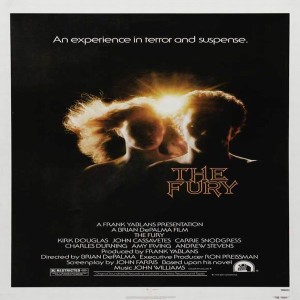
Wednesday Nov 06, 2019
Episode 48 - The Fury
Wednesday Nov 06, 2019
Wednesday Nov 06, 2019
John Williams had an unusual assignment for his first score of 1978: Write a score for "The Fury" exactly as the late Bernard Herrmann would have composed it. Williams agreed to do so out of honor to his friend, who died about 18 months earlier, and to director Brian De Palma, who had a great relationship with Herrmann on "Obsession." Host Jeff Commings brings on co-host Maurizio Caschetto to break down the Herrmann similarities in the score, as well as the moments that allowed Williams to bring in his personal touch. The two examine the standout scene in which Amy Irving's Gillian escapes the institute supposedly trying to help her control her psychic powers, as well as the touch of horror music written for the literally explosive finale.
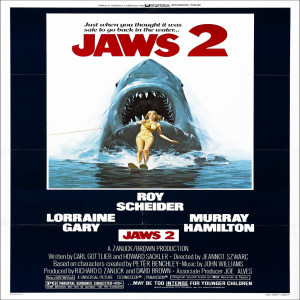
Wednesday Nov 13, 2019
Episode 49 - Jaws 2
Wednesday Nov 13, 2019
Wednesday Nov 13, 2019
John Williams made his first foray into sequel territory with "Jaws 2," writing a score that gave us brief reprises of his iconic shark theme but relied mostly on a different tone throughout. Mostly, his music offers a new emotional connection to the terrible incident happening on Amity Island and helps a film that had as many troubles as its predecessor. Host Jeff Commings talks about the long road to get the film made, including Steven Spielberg's thoughts on returning to direct. Learn more about the major differences between the sequel and the original film, not the least of which is the higher death toll in "Jaws 2."

Wednesday Nov 20, 2019
Episode 50 - Superman
Wednesday Nov 20, 2019
Wednesday Nov 20, 2019
The 50th episode of "The Baton" is here! And what better way to mark the occasion than a discussion of one of the most popular film scores in history.
Possibly the only part of making "Superman" that went without a major hitch was the composition and recording of the iconic score. This was just 18 months after John Williams' score for "Star Wars" showed his mastery of creating music for characters that found its way into the mainstream. Host Jeff Commings is joined by Doug Grieve, a trombone player who talks about the composition of the music for the opening titles and the introduction to the planet Krypton. In this opening six minutes of the film, Williams creates music that excites, mystifies and exalts, all with the use of carefully selected musical intervals. Learn more about this super score on this episode of "The Baton."

